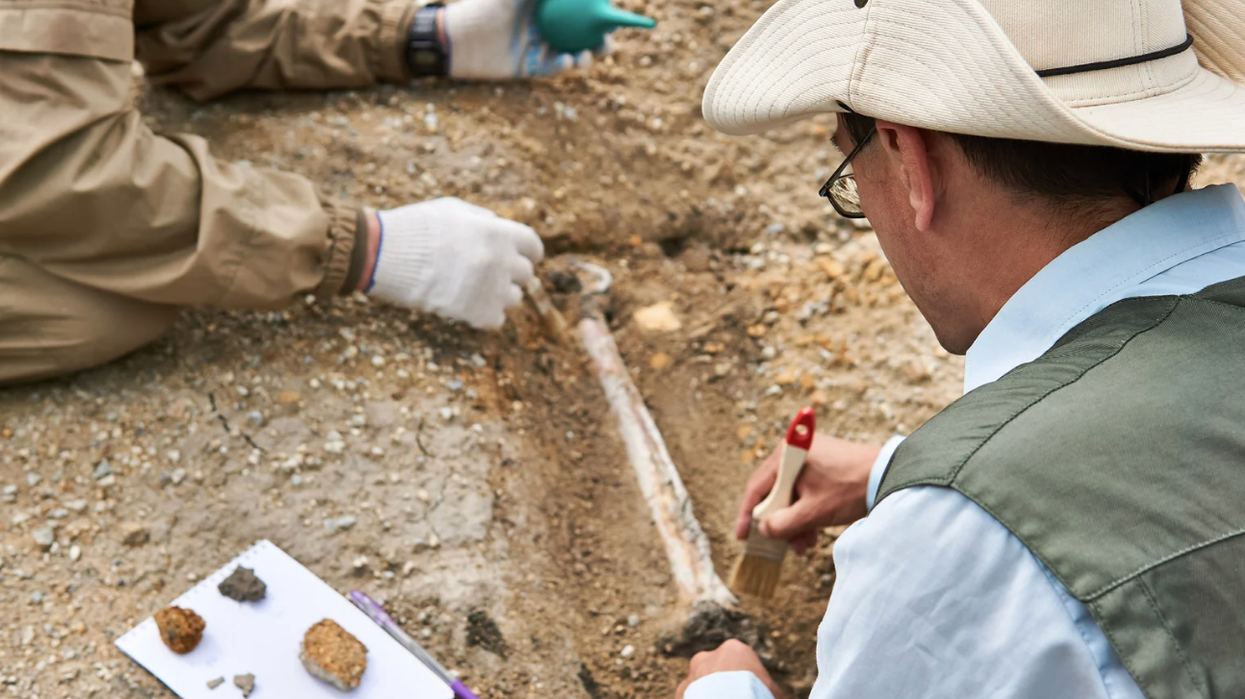If you think customer complaints are a modern concept, think again. Over a century ago, an expedition led by archaeologist Sir Leonard Woolley discovered the world’s first known customer complaint, sent about 3,770 years ago from the southern Mesopotamian city of Ur, now Tell el-Muqayyar in modern Iraq. This complaint, directed towards a businessman named Ea-Nasir, is etched on a tablet now housed in the British Museum, according to National Geographic.
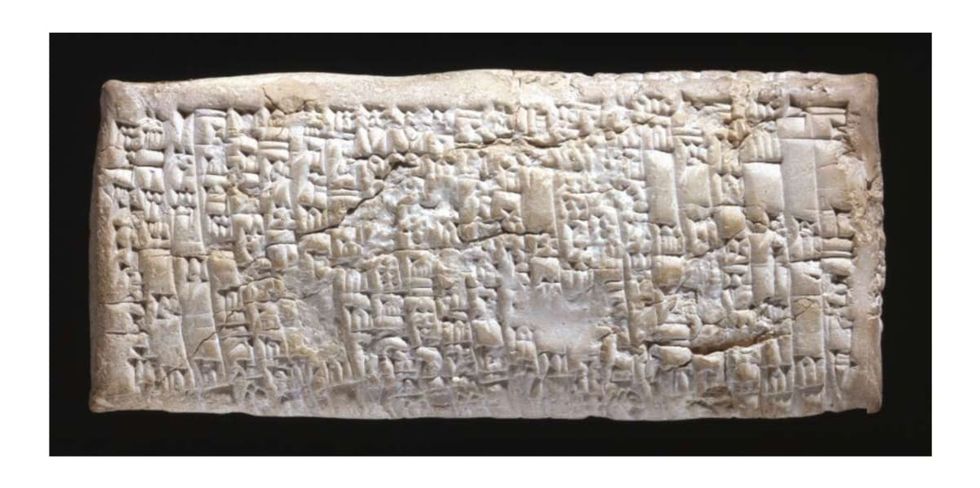
In ancient times, dissatisfied customers could vent their grievances on a tablet, though face-to-face interactions were the primary method of expressing dissatisfaction. In the 18th century BC, complaints were engraved onto tablets using cuneiform script.
Archaeologists discovered that Ea-Nasir was a prominent copper trader, dealing mainly in wholesale ingots but also in finished metal products, textiles, and foodstuffs. He was a member of the Alik Tilmun, a guild of merchants based in Dilmun, according to Forbes. Despite his extensive portfolio, he was a poor businessman who received numerous complaints from angry customers.
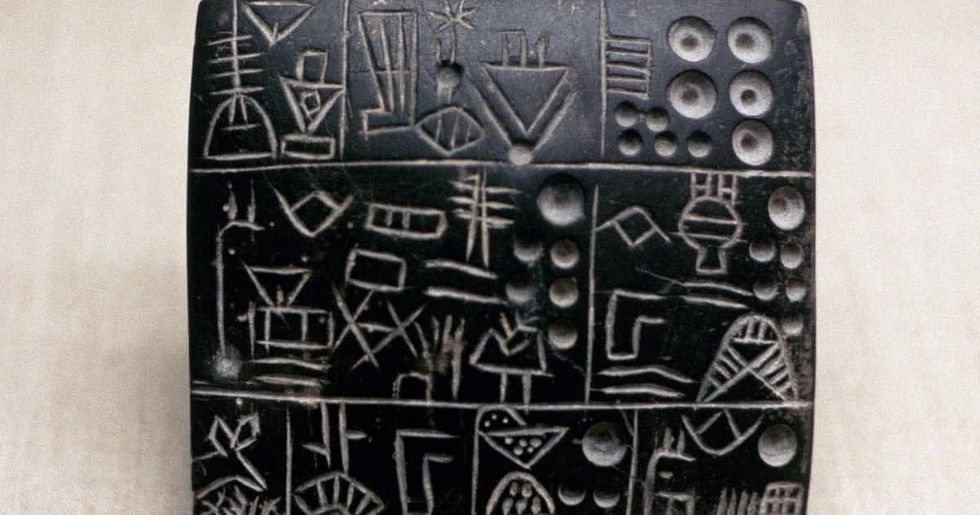
One of the most famous recorded complaints came from a man named Nanni, written in Akkadian, the language of ancient Mesopotamia. In the letter, Nanni complained to Ea-Nasir about receiving the wrong grade of copper ore and a misdirected and delayed shipment. Frustrated with the service, Nanni chiseled his complaint on both sides of a tablet and sent it to Ea-Nasir thousands of years ago.
As per Guinness World Records, Assyriologist A. Leo Oppenheim translated the tablet into a book, "Letters from Mesopotamia: Official, Business, and Private Letters on Clay Tablets from Two Millennia." An excerpt from the translated version read, "Tell Ea-nasir: Nanni sends the following message: When you came, you said to me as follows: 'I will give Gimil-Sin (when he comes) fine quality copper ingots.' You left then but you did not do what you promised me. You put ingots that were not good before my messenger (Sit-Sin) and said: 'If you want to take them, take them; if you do not want to take them, go away!'"
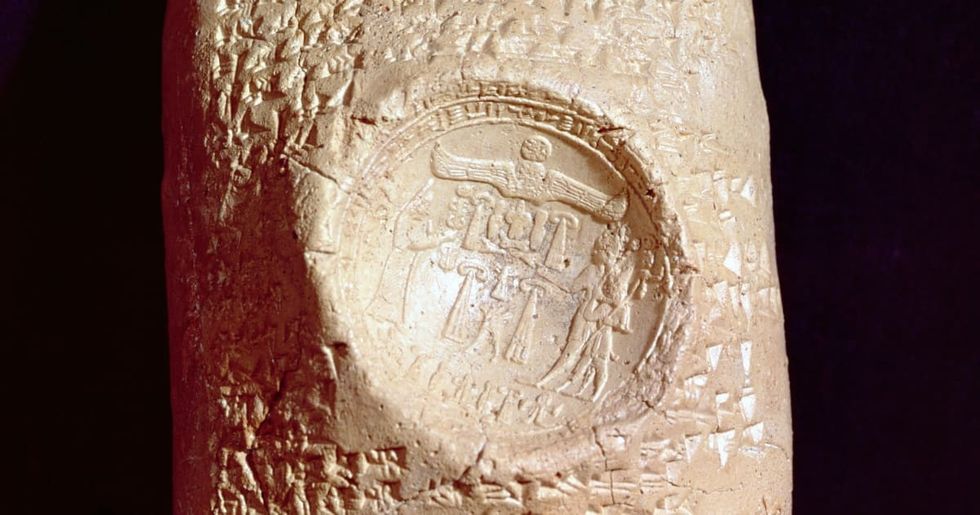
Another angry customer of Ea-Nasir was a man named Arbituram who sent a note to him complaining about why he didn't receive the copper he paid for. The rough translation from the tablet read, "Why have you not given me the copper? If you do not give it, I will recall your pledges. Good copper, give again and again. Send me a man."
Complaints kept coming for Ea-Nasir with one man even expressing his sarcasm over his poor business dealings. The customer named Ili-idinnam told the businessman, "The work that you have done is so good. One year ago, I paid silver in a foreign country; you shall hold back only bad copper. Please bring your copper."
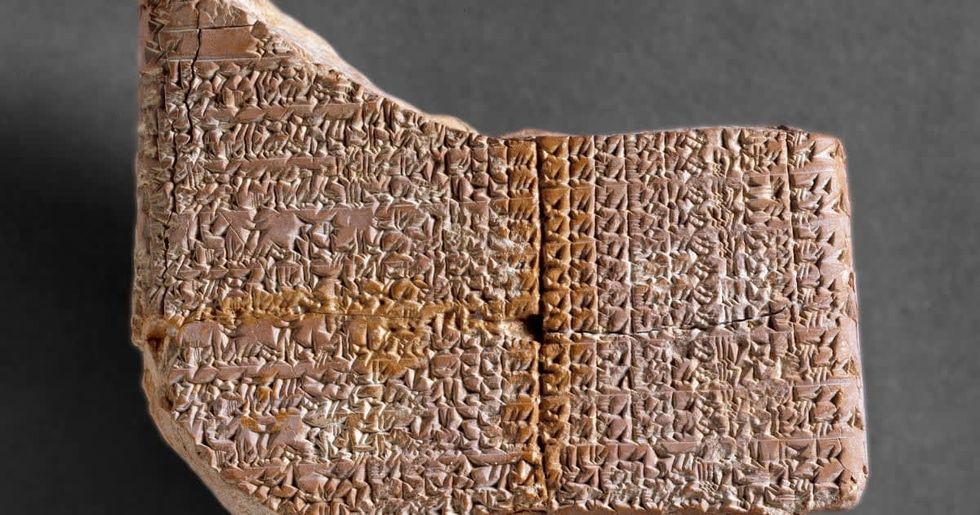
There's no indication that Ea-Nasir replied to these complaints. However, archaeological evidence from his house suggests that his poor business dealings eventually caught up with him, leading to a decline in his wealth. Ea-Nasir might have experienced a "riches to rags" transition toward the end of his life.





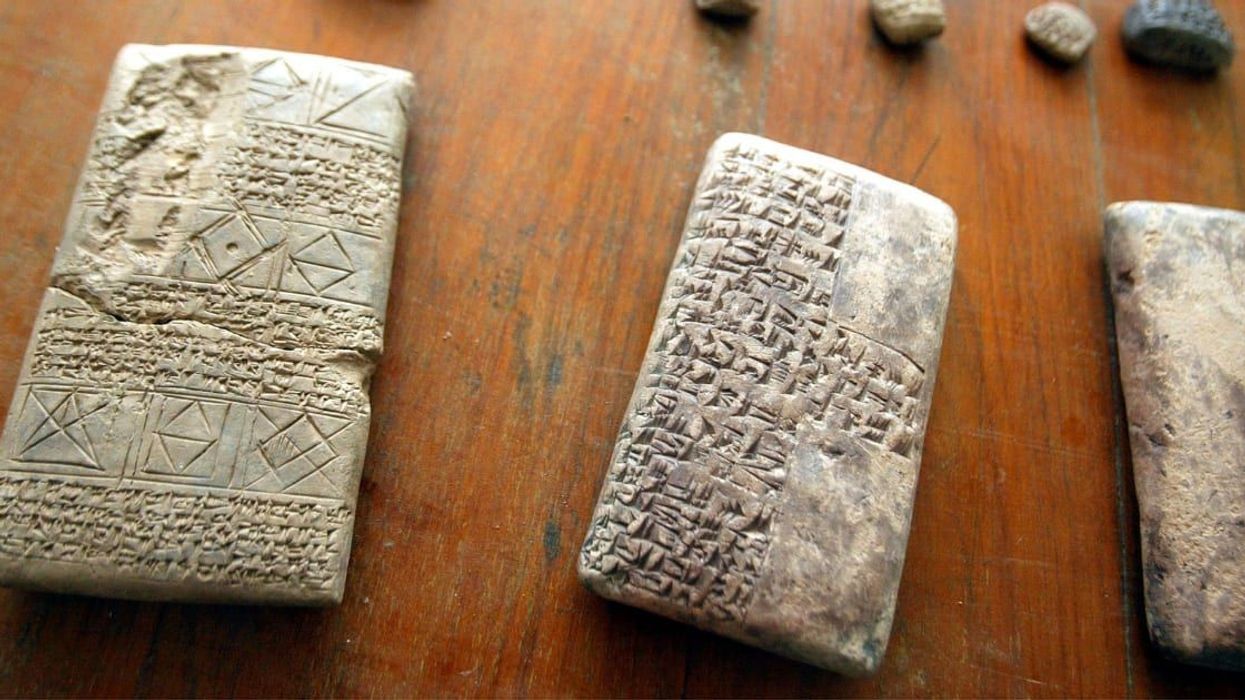












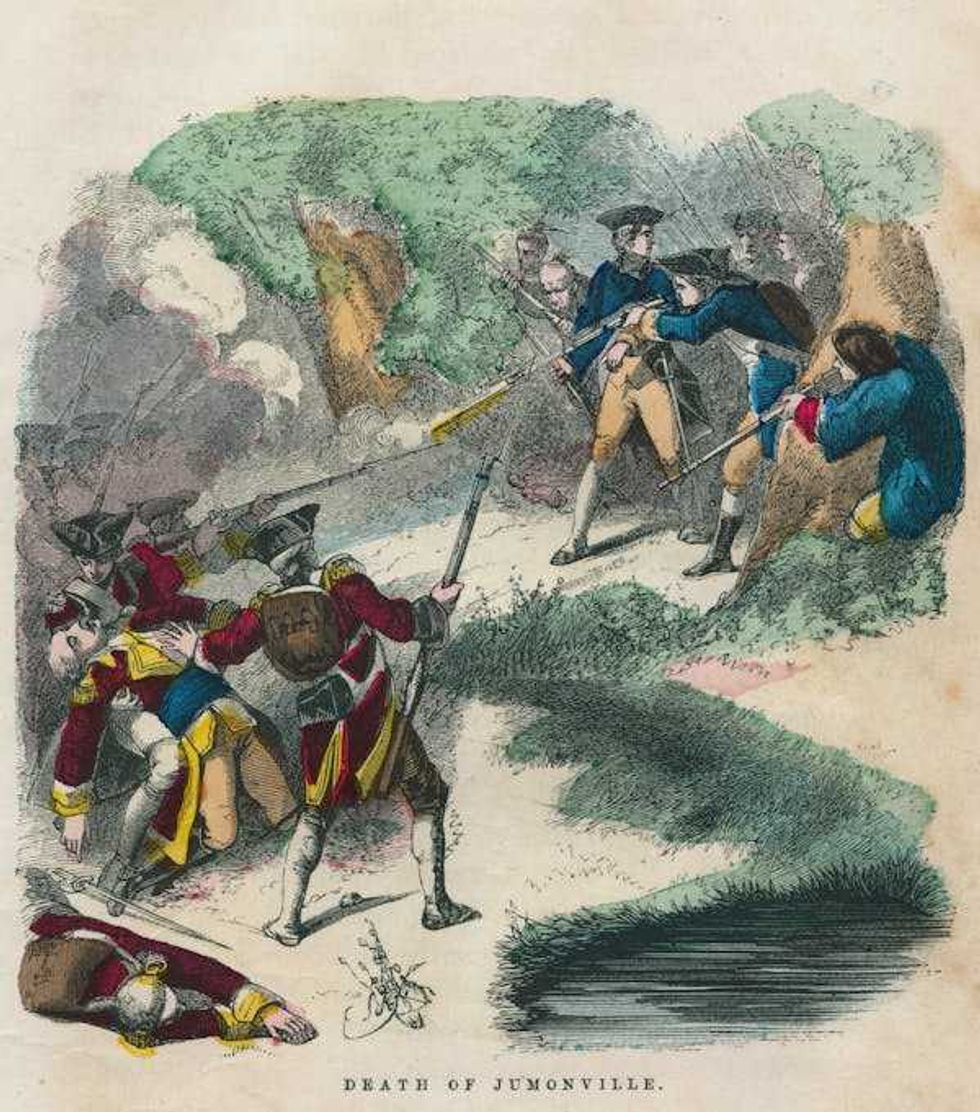 The Jumonville affair became the opening battle of the French and Indian War.
The Jumonville affair became the opening battle of the French and Indian War.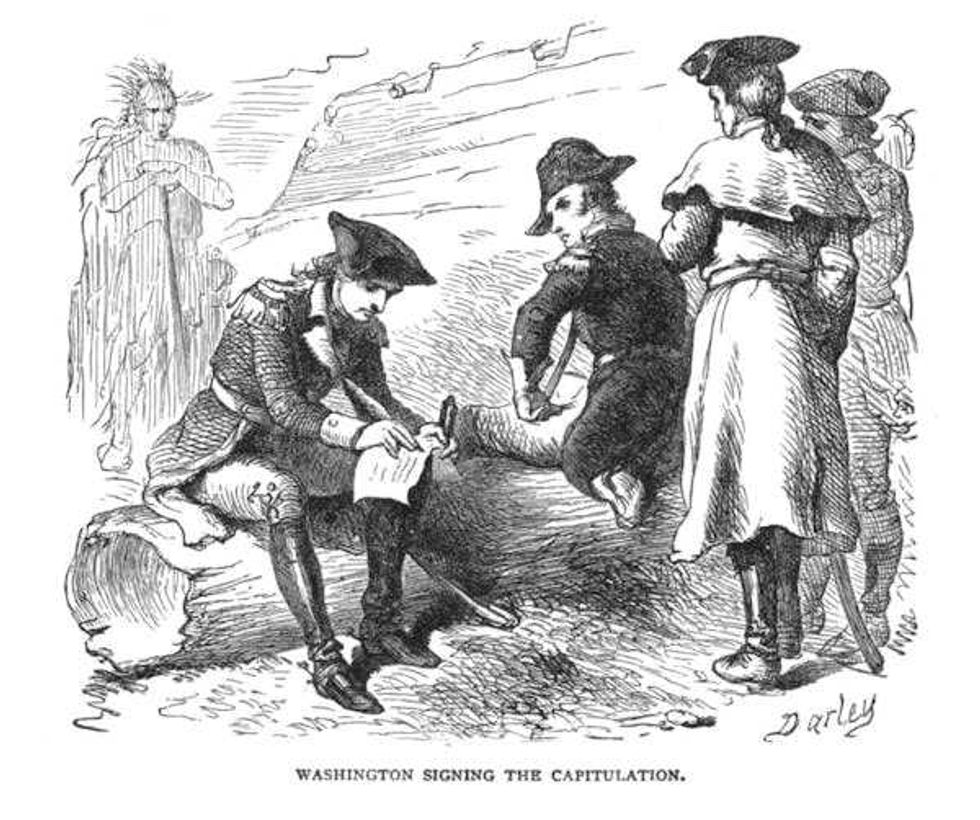 Washington was outnumbered and outmaneuvered at Fort Necessity.
Washington was outnumbered and outmaneuvered at Fort Necessity. A log cabin used to protect the perishable supplies still stands at Fort Necessity today.
A log cabin used to protect the perishable supplies still stands at Fort Necessity today.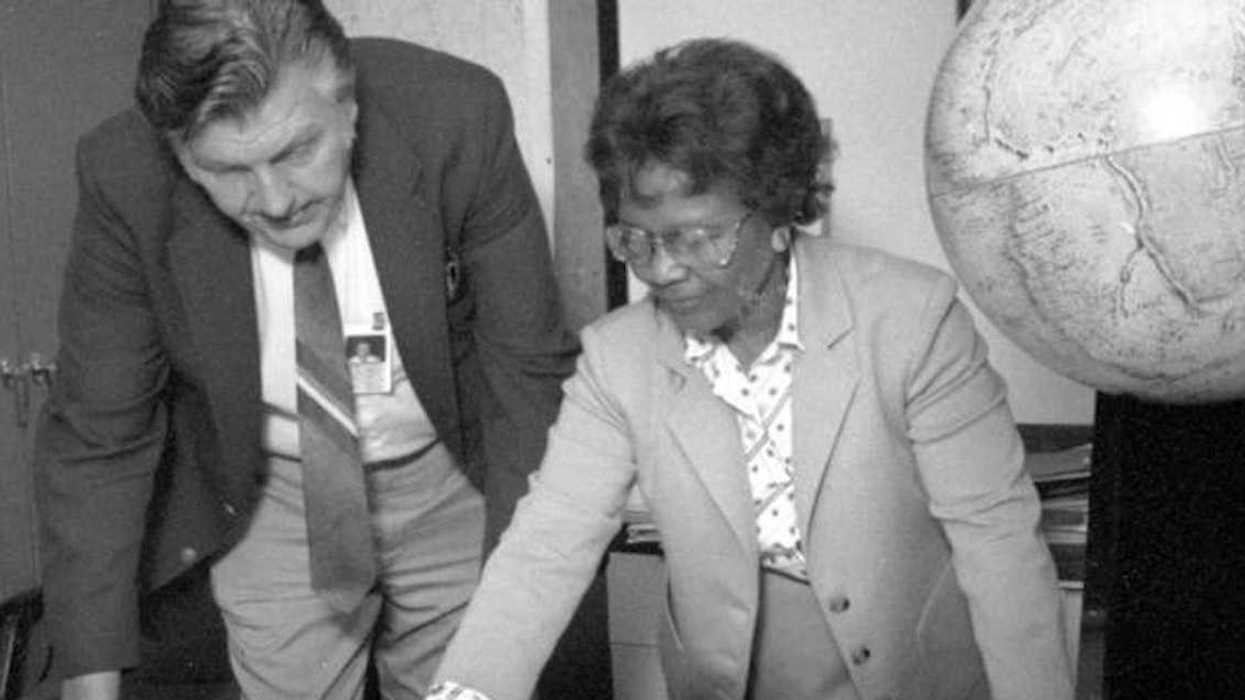
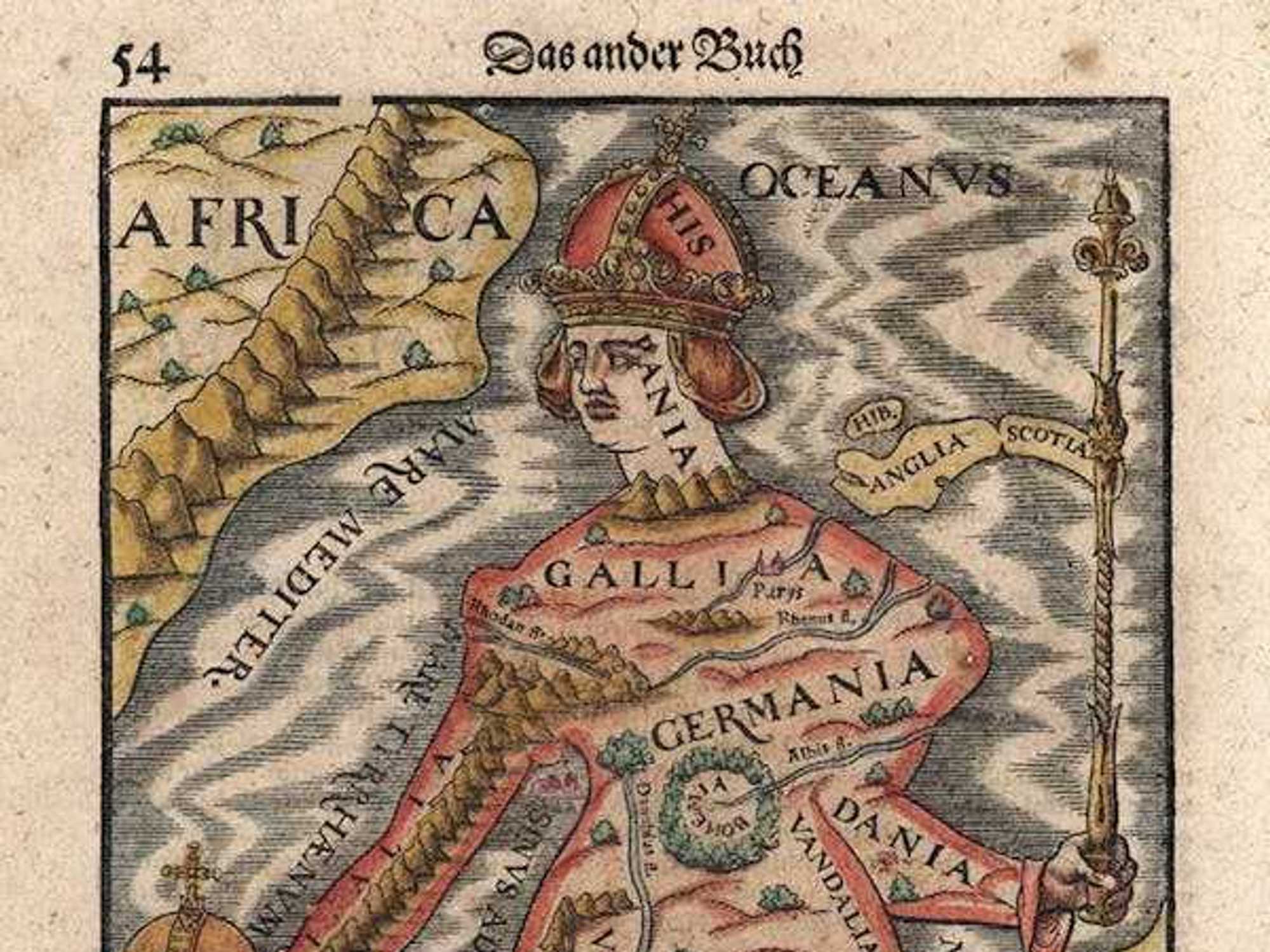 Europa Regina (1570).
Europa Regina (1570).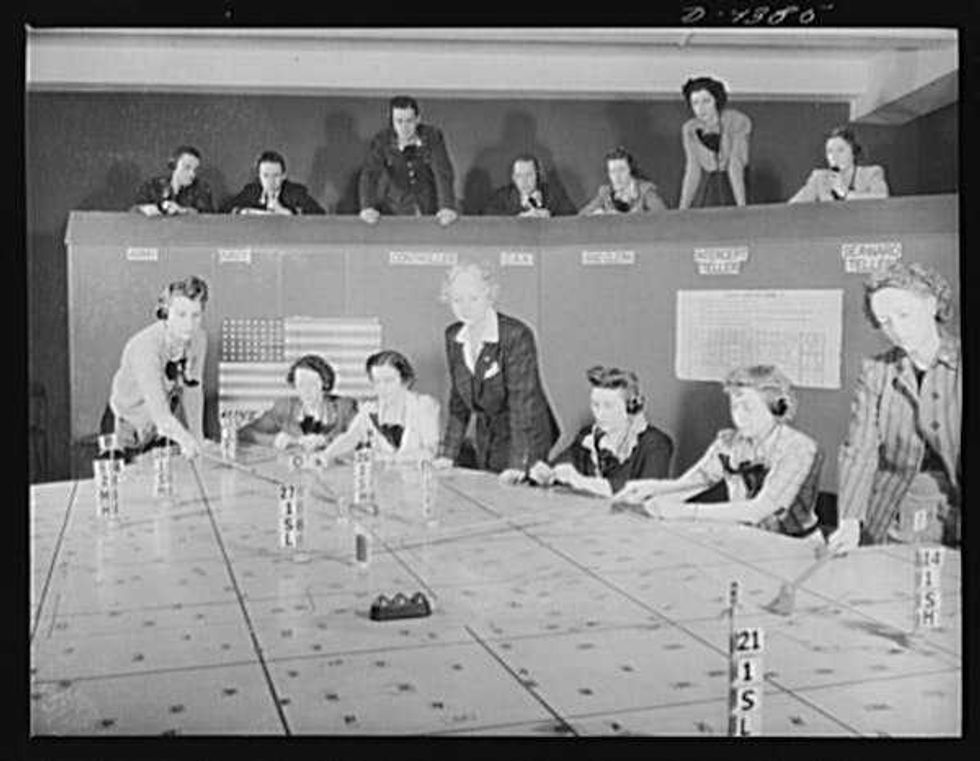 The ‘Military Mapping Maidens’ created tens of thousands of maps during World War II.
The ‘Military Mapping Maidens’ created tens of thousands of maps during World War II.
 As mayor of Stockton, Calif., Michael Tubbs ran a pioneering program that provided a basic income to a limited number of residents.
As mayor of Stockton, Calif., Michael Tubbs ran a pioneering program that provided a basic income to a limited number of residents. Martin Luther King Jr. believed Americans of different racial backgrounds could coalesce around shared economic interests.
Martin Luther King Jr. believed Americans of different racial backgrounds could coalesce around shared economic interests.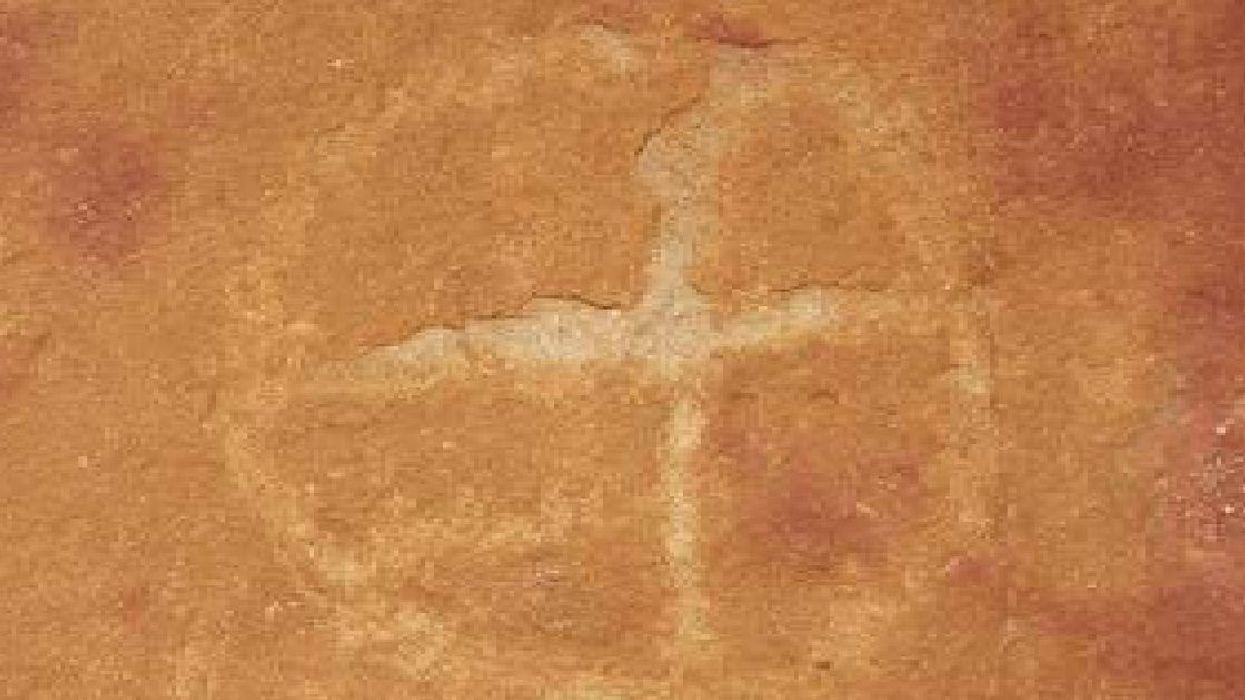
 Image frmo Scientific Reports of ancient artwork. Image Source:
Image frmo Scientific Reports of ancient artwork. Image Source:  Image frmo Scientific Reports of ancient artwork.Image Source:
Image frmo Scientific Reports of ancient artwork.Image Source: 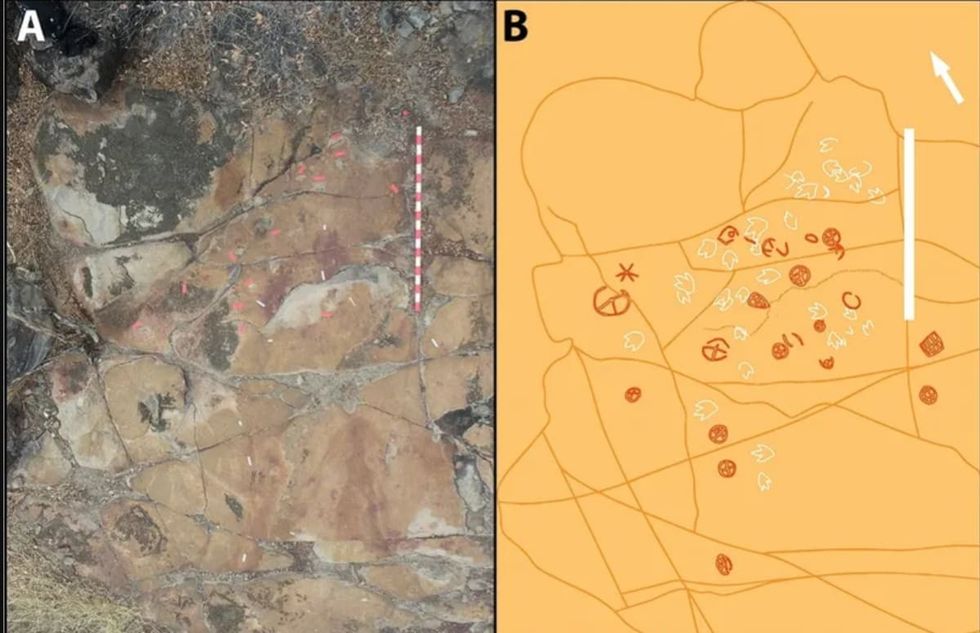 Image frmo Scientific Reports of ancient artwork.Image Source:
Image frmo Scientific Reports of ancient artwork.Image Source: 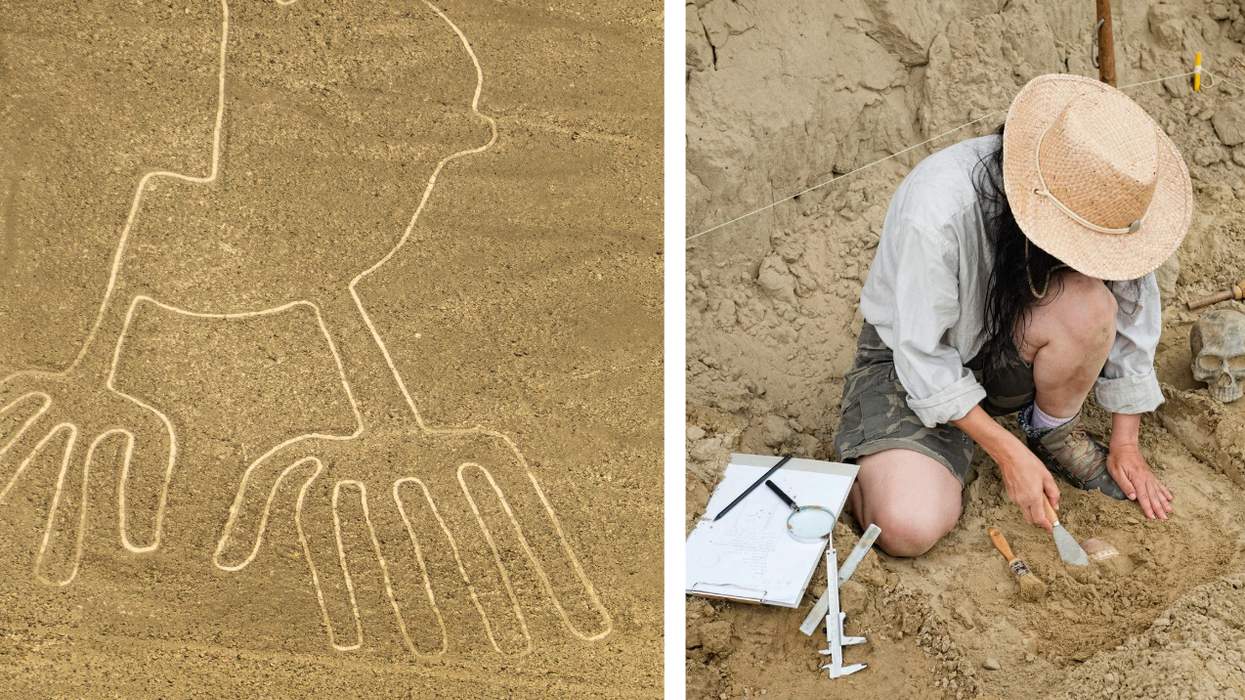

 It's difficult to imagine seeing a color and not having the word for it. Canva
It's difficult to imagine seeing a color and not having the word for it. Canva
 Sergei Krikalev in space.
Sergei Krikalev in space. 